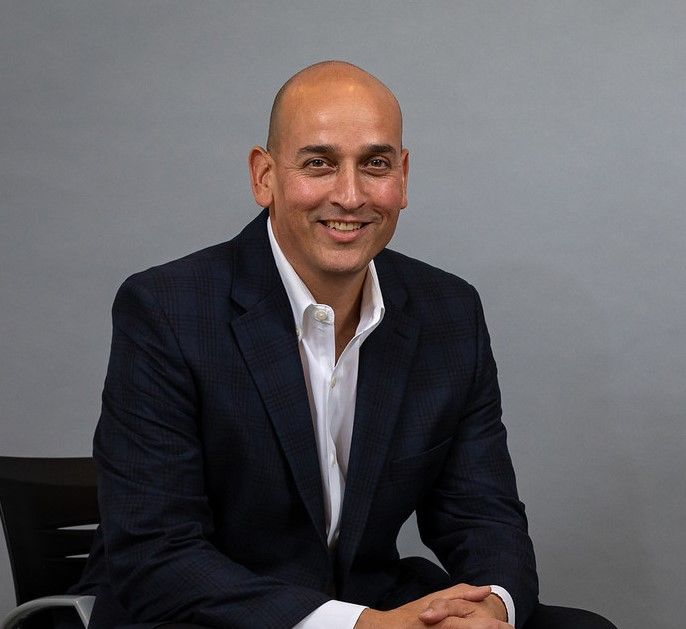The holidays are supposed to be a special time of year where family and friends come together in the spirit of celebration and tradition. For those struggling with their mental health, and the threat of the pandemic ever present, this year is looking to be another challenging year for millions of people. Here are a few strategies to support taking care of loved ones struggling – and even a few that may help support you as well.
According to the American Psychological Association, 38% of people surveyed said their stress increased during the holiday season, which can lead to physical illness, depression, anxiety and substance misuse.
The holidays are not always a joyous time of the year for people and staying positive can be exceedingly difficult. After almost two years, many people will be traveling for the first time, to reconnect with loved ones, but this time can also be a reminder of the complexities of family relationships or the loss of a loved one who has passed away.
For individuals, and families, coping with mental health challenges, the holidays can be an incredibly stressful time, filled with feelings of anxiety and even depression. Helping someone with their mental health during the holidays can be difficult. However, there are several ways you can support a friend, or relative, during the holidays, who may be struggling. Here are a few helpful tips:
- Be present and really listen.
- Be non-judgmental. Never criticize or minimize how someone feels.
- Schedule quality time. This could be self-care you do together like exercise, volunteering, sightseeing or going to the movies.
- Educate yourself on the problems they are experiencing. Understanding leads to empathy and compassion.
- Support them with daily tasks. During the holidays this could include shopping, decorating, wrapping presents and cooking.
- Respect their limits and do not put pressure on them to do things or attend events.
Don’t forget to take care of yourself!
Although the holidays can be a time of restored hope and offer up opportunities to decrease our stress while finding comfort and healing, we often find ourselves going through the motions of the holiday festivities just to get through them. Those managing a mental illness may avoid the negative emotions, or anxiety, which may arise or decide they are too painful and withdraw from attending holiday festivities altogether.
A National Alliance on Mental Illness study showed that 64% of people with mental illness report holidays make their conditions worse.
Recognize that you don’t need to force yourself to be happy and that it’s good to acknowledge feelings that aren’t joyful; remember that you are not alone in feeling this way. If you do find yourself struggling with your mental health there are steps you can take to help manage your stress and anxiety:
- Set boundaries, especially with family!
- Remember to be kind to yourself and prioritize your own mental well-being.
- Recognize what your triggers are and give yourself permission to remove yourself from a situation.
- Be intentional about self-care (exercise, sleep, healthy eating and meditation)
- Find and connect with what makes you happy (people, places and things)
Words like mental illness, addiction and suicide – can immediately, and forever, change a person’s life. For those who suffer in silence, the holidays can be a stressful and unforgiving time. To anyone struggling, right now, with depression, anxiety or grief and loss – you are brave, you are strong and you will get through this. Most importantly always remember – you are not alone.
If you or someone you know needs help:
- Crisis Center of Tampa Bay: Call 211 to get connected to resources 24/7/365
- National Alliance on Mental Illness (NAMI) Helpline: 1-800-950-6264
- Assist individuals and families who have questions about mental health disorders, treatment and support services.
- Gracepoint: (813) 272-2244
Ian Adair is a nonprofit industry influencer, TEDx speaker and recognized expert in leadership, fundraising and nonprofit management. He is the author of: Stronger Than Stigma, A Call To Action: Stories of Grief, Loss, and Inspiration! Ian is the Executive Director of the Gracepoint Foundation, the philanthropic arm of Gracepoint, which impacts the lives of more than 30,000 individuals in our community each year, seeking mental health, medical and addiction services. To learn more, visit gracepointfoundation.org.










